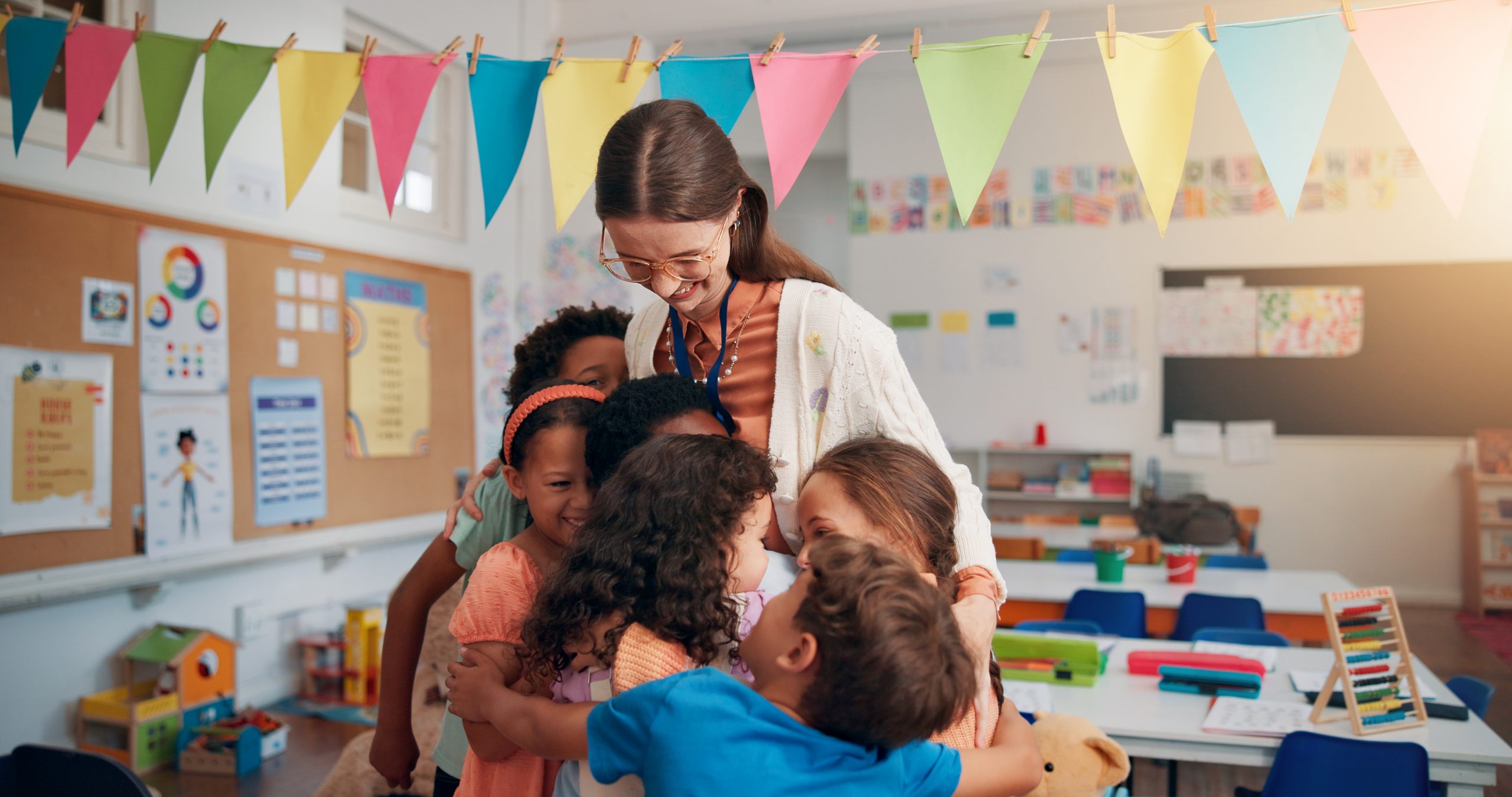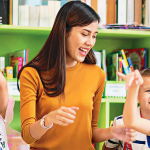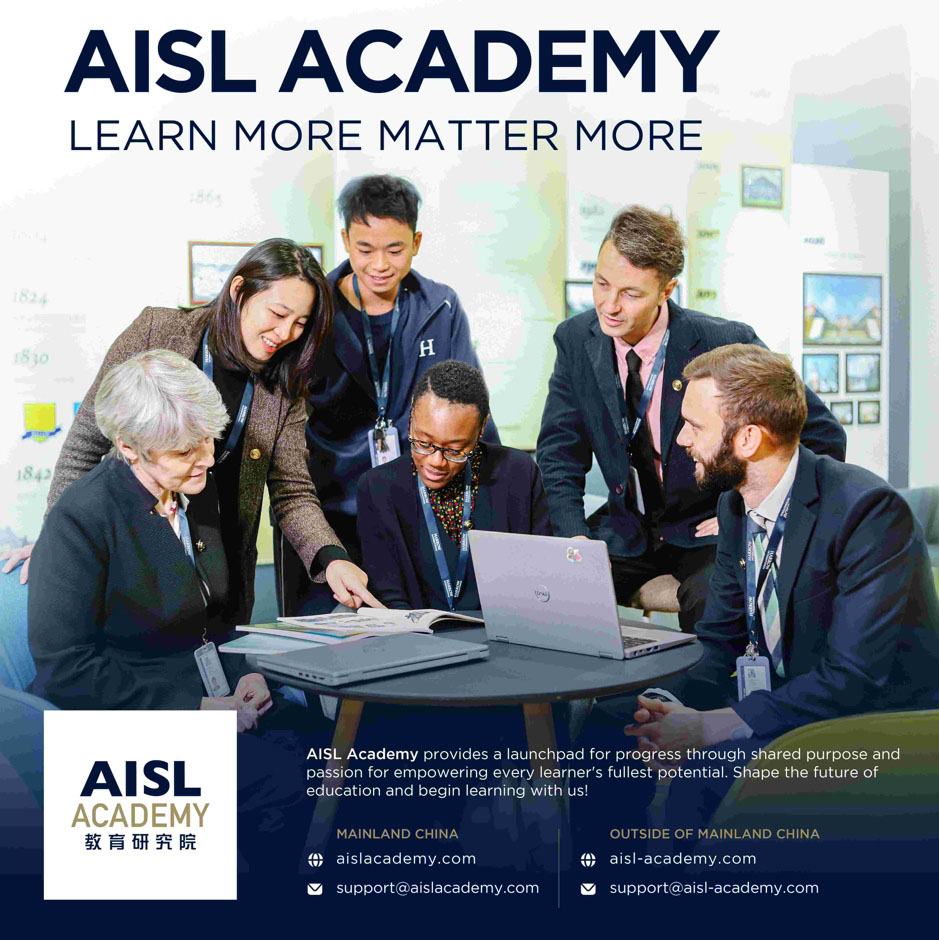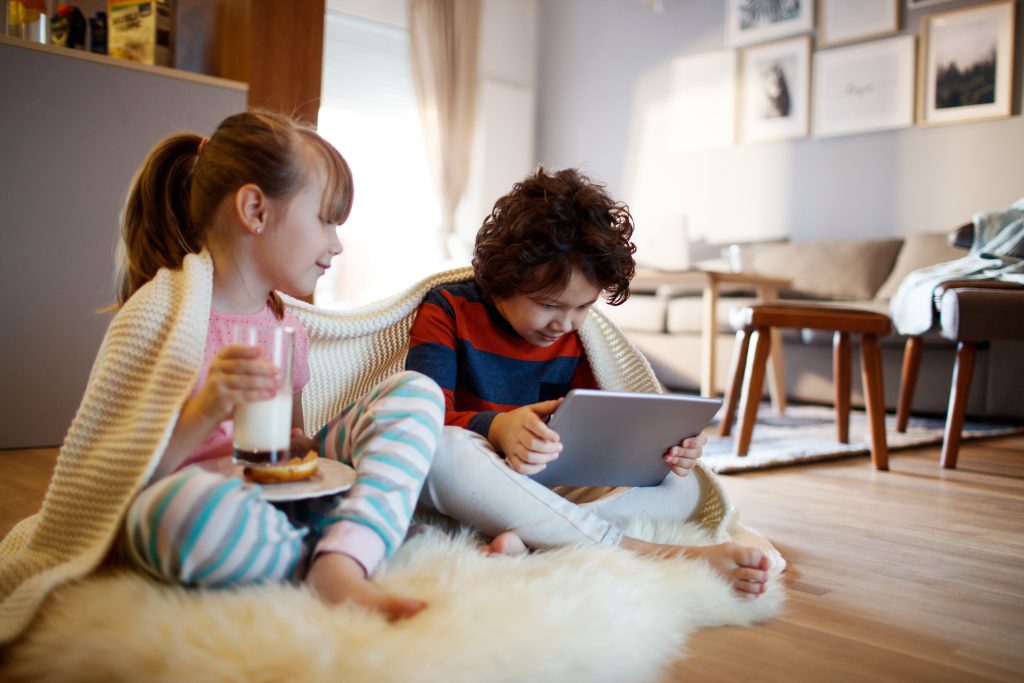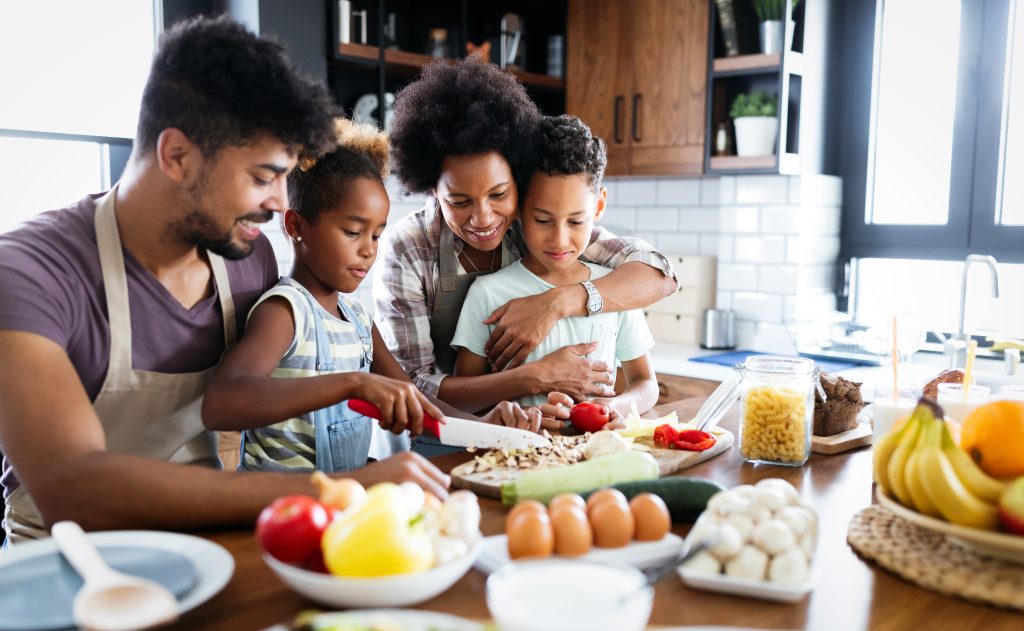Gratitude is more than simply saying “thank you”. For young children, it is a way of noticing kindness, reflecting on why they are grateful, valuing relationships, and developing empathy. Research shows that children who practise gratitude — by noticing, thinking about, and expressing appreciation — tend to have stronger social connections, greater resilience, and higher levels of happiness. Yet gratitude does not come automatically; it is a skill that develops gradually, shaped by adult modelling, classroom routines, and everyday conversations.
As educators, you play a pivotal role in showing children how to notice, reflect on, and express gratitude. Fortunately, fostering gratitude does not require grand gestures; small, consistent practices can help children connect their feelings with meaningful expressions of appreciation. Below are six strategies that can help educators embed gratitude into daily teaching and classroom culture:
1. Model Gratitude in Your Own Behaviour
Children learn by watching the adults around them. Go beyond just saying “thank you” — share aloud what you notice and why you feel grateful, whether it is to a colleague or a student. For example, “I appreciate how Ms. Tan helped set up the art materials — it made our class feel so welcoming”. When children regularly observe gratitude in action and hear the “why” behind it, they are more likely to practise it themselves.
2. Practise Daily Gratitude Routines
Incorporating gratitude into the rhythm of the day helps it become second nature. This might include a short “gratitude circle” at the end of the day, where children share one thing they appreciated, or a “gratitude wall” where they can post drawings or notes about acts of kindness they noticed. By introducing different ways for students to express gratitude — writing, drawing, or even acting out their appreciation — every child is encouraged to participate in a way that feels natural to them.
3. Encourage Specificity in Thank-Yous
Rather than a general “thanks”, guide children to be more specific. Help children think about why they are grateful: What did someone do that made a difference? What qualities or actions do they appreciate most? For example, “Thank you for sharing your crayons with me” instead of “Thanks”. This helps children connect the emotion of gratitude with the action or gesture that sparked it.
4. Link Gratitude to Empathy
Invite children to think about how another person might feel when they receive thanks. Discussing the emotions behind gratitude helps children build perspective-taking skills and strengthens social bonds.
5. Use Stories, Art, and Literature
Stories (from books or students’ own lives) provide powerful opportunities to reflect on gratitude. Ask children to identify actions or qualities in story characters they appreciate or notice when someone is thankful in the narrative.
6. Recognise Effort and Kindness, Not Just Achievement
When offering feedback, shift the emphasis from outcomes to the qualities behind the action. Instead of focusing only on grades or finished work, highlight behaviours such as persistence, thoughtfulness, or cooperation. For example, “I really admire the way you helped your classmate during the activity” or “I really appreciate the way you waited your turn”. This shows children that gratitude is not limited to big successes but is also about valuing the contributions that support others.
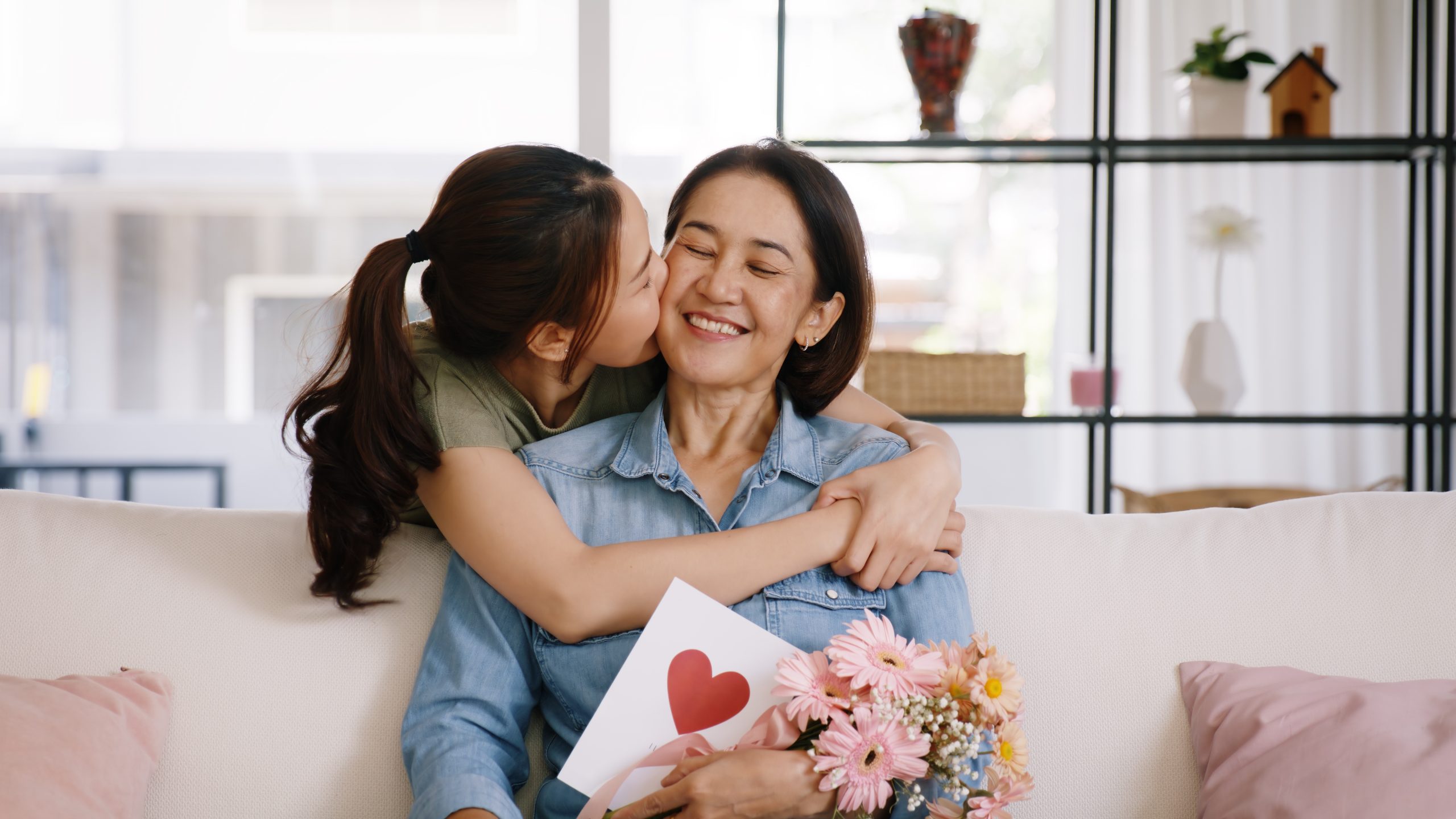
Every child develops emotional awareness at a different pace, and expressions of gratitude will look different at age 5 than at age 10. Some may readily articulate appreciation, while others might prefer to draw or show it through actions. As educators, it is important to adjust your approach depending on children’s readiness and responses, recognising that gratitude grows gradually with practice and patience.
By weaving small moments of appreciation into classroom life, modelling gratitude in your own actions, you not only strengthen classroom relationships but also equip children with a skill that will support their wellbeing for years to come.
Health and Wellness Services that may be of interest:
Get a special discount by quoting code AISLMALL during CHECKOUT.
Allied Health School Services Program – Parents workshop (90 mins)
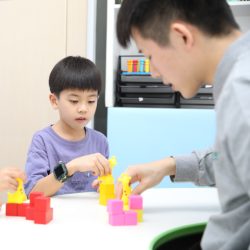
In 2023, ISS and OST Therapy launched the Allied Health School Services Program. The AHSS team offers personalized workshops for parents, focusing on speech/language skills, cognitive play, behaviour management, and building resilience. These workshops provide practical strategies to help parents support their child’s development and create a positive home environment.
Caritas – Counselling Services
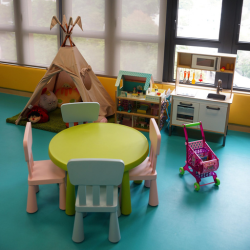
Caritas Human Empowerment & Achievement Training (HEAT) offers counseling for marital issues, extra-marital affairs, divorce, and marriage enrichment. Services include family mediation, sex therapy, support for family conflicts, and therapy for emotional, behavioural, and learning issues in children, as well as mood, stress, anxiety, and trauma.
Cocoparadise - Plant-based Whole Food Snacks

Cocoparadise is a company devoted to making natural, clean, superfood snacks that are good for you and the planet. We’re on a mission to inspire, encourage and make healthy living fun and easy. We think you shouldn’t compromise on taste when it comes to eating healthier. And we prove it with our delicious line of plant-based snacks. Whether you’re on a health kick or simply seeking tasty vegan, vegetarian, keto, gluten-free and paleo snacks… Cocoparadise is your destination.
Health & Wellbeing – Deck of cards
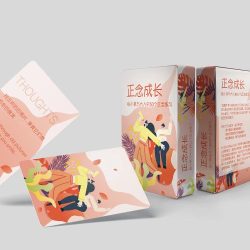
Dr. Christopher Willard’s mindfulness decks offer exercises for emotional well-being, including *Mindful Parenting*, *Self-Love*, and tools for teens to manage depression, anxiety, and build resilience. Each deck provides practical mindfulness strategies for emotional growth and mental health at every life stage.
Health & Wellbeing Videos

Unlock mindfulness and communication skills with expert-led courses. Topics include fostering positive family dialogue, boosting academic performance through mindfulness, and age-specific practices for preschoolers, primary students, and teens, promoting focus, emotional balance, and resilience.
iLiving: Initial 90-minute Consultation with Supported Healing for Children
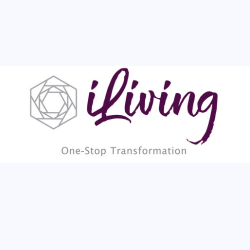
iLiving is a holistic wellness centre that offers integrated services for personal transformation. They provide a comprehensive approach to address both physical and mental health, focusing on modalities like bioresonance, life coaching, family constellations, and more to help clients achieve optimal well-being. This consultation includes health scan of a child who is suffering from chronic physical or mental health challenge and coaching to their caretaker/parent(s).
KFBG Transformative and Mindfulness Forest Immersion Walk
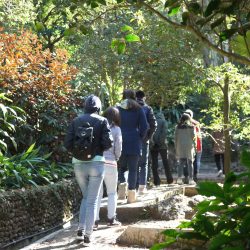
Kadoorie Farm and Botanic Garden (KFBG) delivers inspiring, awareness-shifting and transformative programmes with potential life-changing experiences. We offer an opportunity and a peaceful space in the natural environment of KFBG for participants to experience, to rethink, to identify and to be able to deeply connect and appreciate Gaia, our mother Earth, and the interconnection and interrelationship that we share with her. By being close to, and having a respect for nature, through our transformative workshops, people can experience a sense of deep happiness and spiritual contentment in which could facilitate a more holistic way of living.
Llegend – Diploma in Professional Aromatherapy
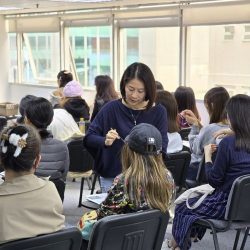
This aromatherapy course covers essential oils, anatomy, and therapeutic applications, combining theory and practice. Accredited by the IFA, it offers exemptions for the UK TQUK Level 4 Certificate. As Hong Kong’s leading college for aromatherapy, it boasts 7 international accreditations.
Therapy Services – 1 on 1 Offline Therapy Service

In 2023, ISS and OST Therapy launched the Allied Health School Services Program. Our certified speech-language pathologists and occupational therapists offer personalized therapy for speech, language, motor skills, emotional regulation, and self-care. We use evidence-based practices to support students’ academic and social growth, boosting confidence and promoting inclusive learning environments.
Wellbeing Books Series
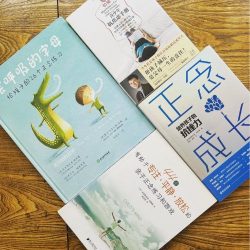
Dr. Willard’s books blend mindfulness with practical approaches for families. Alphabreaths teaches kids mindfulness through ABC-themed breathing exercises, while Growing Up Mindful offers parents and educators tools to help children build resilience, self-awareness, and empathy through mindfulness.
